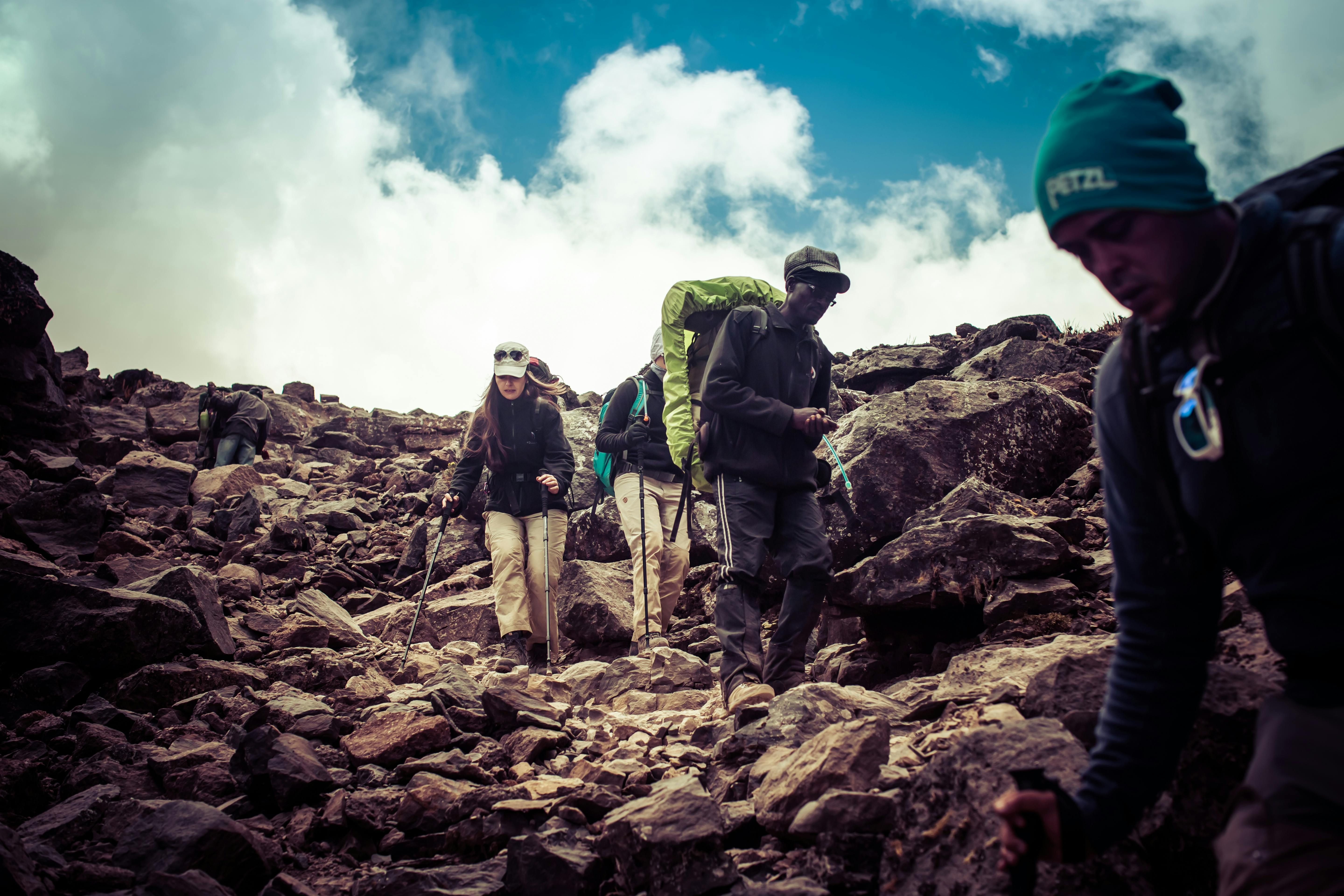PIKIRAN RAKYAT - The allure of mountain climbing is undeniable. The challenge of reaching a summit, the breathtaking views from the top, and the sense of accomplishment all contribute to its growing popularity. However, for beginners, the world of mountaineering can seem daunting. Fear not, aspiring climber! With proper preparation and knowledge, you can embark on a safe and rewarding first climb.
This article provides a foundational guide for beginners, outlining essential tips to ensure a successful and enjoyable mountain climbing experience. We'll explore aspects of training, gear selection, planning your route, and important safety considerations. By following these tips and building your skills progressively, you'll be well on your way to conquering your first peak.
Building a Strong Foundation: Physical Fitness and Training
Mountain climbing is a physically demanding activity. It requires endurance, strength, and a good level of cardiovascular fitness. Before hitting the trails, invest time in building a strong foundation. Here are some effective ways to train for your climb:
- Cardio: Regular activities like running, swimming, or cycling will improve your heart health and stamina – crucial for enduring long hikes with elevation gain
- Strength Training: Focus on exercises that build lower body strength, particularly your legs and core. These muscles will be heavily relied upon during climbs
- Hiking: Include regular hikes with increasing difficulty in your training regimen. Simulate the conditions you'll encounter on your climb by carrying a weighted backpack
Equipping Yourself for Success: Choosing the Right Gear

Having the proper gear is vital for safety and comfort on your climb. While the specific equipment needed will vary depending on the mountain and weather conditions, some essentials include:
- Durable Backpack: Choose a comfortable backpack with sufficient capacity to carry all your necessary supplies for the duration of your climb
- Sturdy Hiking Boots: Invest in well-fitting, supportive boots with good ankle protection. Consider the terrain of your chosen mountain when selecting boots
- Weather-Appropriate Clothing: Pack layers of clothing that can be easily adjusted based on changing weather conditions. Opt for breathable, moisture-wicking fabrics
- Navigation Tools: A compass and a map are essential for navigating your route, even if you plan on using a GPS device. Familiarize yourself with their use before your climb
- Safety Gear: Depending on the mountain and route, you might need additional safety equipment like a headlamp, trekking poles, a first-aid kit, and an emergency shelter
Planning Your Ascent: Choosing a Route and Setting Realistic Goals
Choosing a mountain and route suitable for your skill level is crucial for a successful climb. Start with beginner-friendly mountains with well-defined trails and minimal technical sections. Research the route thoroughly, paying attention to factors like elevation gain, distance, and potential hazards. It's also important to set realistic goals based on your fitness level and experience. Don't be afraid to start with a smaller peak and gradually progress to more challenging climbs.
Safety First: Essential Considerations for Beginners
Safety should always be your top priority when mountain climbing. Here are some key safety considerations for beginners:
- Never climb alone: Always go with an experienced climber or a guided group, especially on your first few climbs
- Check weather conditions: Be aware of the weather forecast and potential risks like thunderstorms, high winds, or extreme temperatures
- Acclimatize properly: Allow your body sufficient time to adjust to the altitude to avoid altitude sickness
- Know your limits: Don't push yourself beyond your physical capabilities. It's better to turn back than to risk injury
- Be prepared for emergencies: Pack a first-aid kit and have a plan in case of emergencies
By following these essential tips, you can approach your first mountain climbing experience with confidence and knowledge. Remember, mountaineering is a journey, not a destination. Enjoy the process, prioritize safety, and embrace the sense of accomplishment that comes with reaching your first summit.*** (Politeknik Negeri Bandung/Sintia Yuliana)